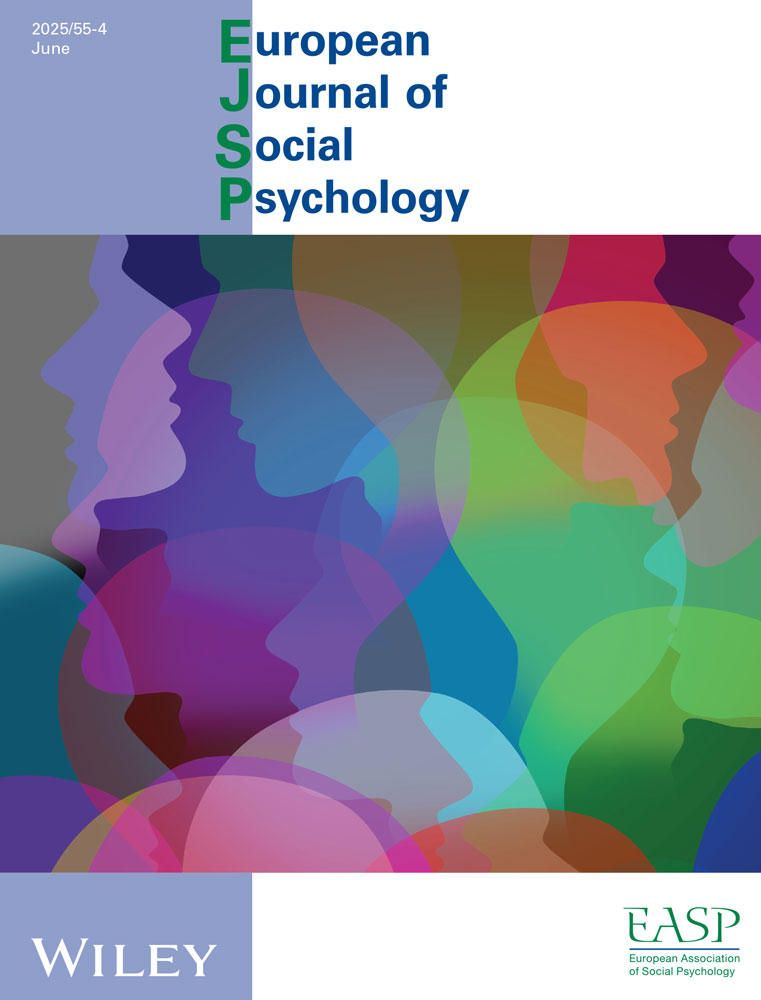Cognitive feelings and metacognitive judgments
Abstract
In two studies, subjects read and rated how well they understood a poem. Beforehand, however, they had participated under hypnosis in an exercise designed to induce feelings of being uncertain about something. For half of the subjects hypnosis was made salient as a cause for the feelings; for the other half the feelings remained unexplained. The results showed that when left unexplained, the feelings of uncertainty were interpreted by subjects as indications that they did not understand the poem. When attributed to the hypnosis, however, the feelings had no effect on ratings of comprehension. In one experiment, subjects were also studied who were not susceptible to hypnosis, and who, therefore, did not feel uncertain in the first place. The results suggest that just as positive and negative affective feelings serve as information for making evaluative judgments, feelings of certainty and uncertainty serve as information for making cognitive judgments (t. e. judgments of knowing).




